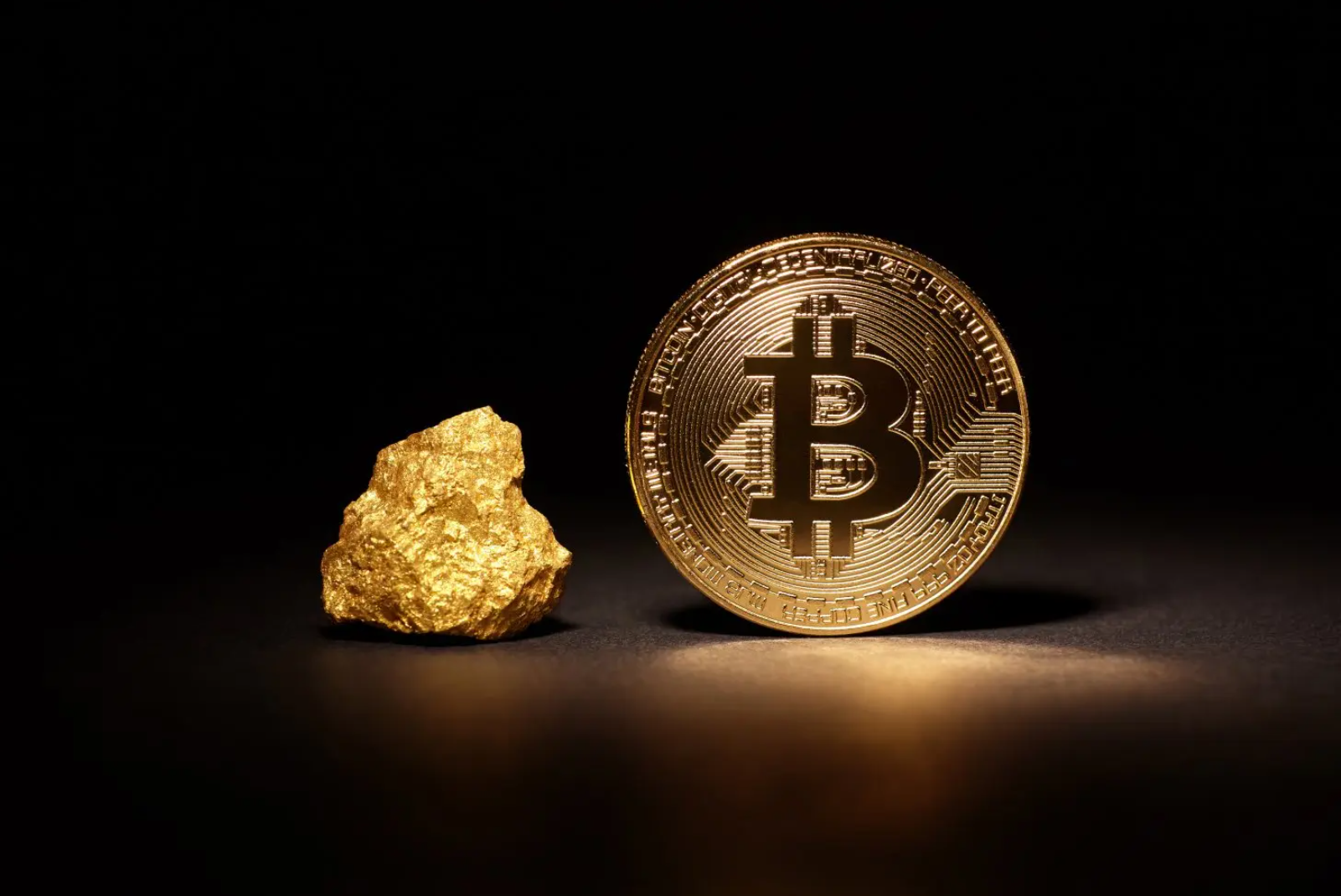Correlation and bitcoin as a safe haven, the misunderstanding
No, bitcoin is not a safe haven because it goes up when there is global instability. It is because of its two unique properties. One being that it is uncorrelated with all other asset classes over time, and the other being that it is censorship resistant.There is a great misunderstanding that has been floating around in the news lately. Bitcoin and gold have been moving in opposite directions, and the global markets have been crashing as fear around the Coronavirus, Covid-19, is growing.
How do we define a safe haven asset?
As we have seen in the last week, people have been quick to publicly cancelling bitcoin’s position as a safe haven. While the year started with clear negative correlation between global instability and bitcoin, bitcoin has been falling with the stock markets lately. Meanwhile, the gold price is pushing to the highest levels since the beginning of 2013. For many people, fulfilling its role as a safe asset; holding when stock markets are tumbling and global turmoil is present. Or presented in another way, having a clear negative correlation with stock markets.It is exactly the idea of negative correlation vs. no correlation that is highly interesting to discuss when looking at bitcoin’s role as an asset. Uncorrelated is the interesting feature
At the end of the day, negative correlation is worthless in itself. It does not create any additional value for an asset. With the financial tools and products available in the market, negative correlation can easily be created by short-selling assets. One can even decide the level of negative correlation with leveraged positions. On the other hand, an uncorrelated asset is unique. It is not possible to create zero correlation in the same way as negative correlation. This makes bitcoin as an asset class very interesting, and is also what makes bitcoin suitable as a safe haven. A safe haven that is neutral to every asset class, that has its own distinct value drivers and reacts to news and changes around the world differently than other assets. Bitcoin doesn’t follow gold, stocks, bonds or any other asset. This leads to an asset that is great as a tool for diversification of an investment portfolio.As bitcoin is uncorrelated, we can expect the observed correlation with other asset classes to fluctuate (randomly) over time. Sometimes it will go up with stock markets, and sometimes it will crash downwards when stocks are increasing in price. We’ve actually seen patterns like this over the two first months of 2020, as bitcoin went up over 40% while stocks were relatively flat, but fell down with stock markets this week. These happenings don’t even need to be related, and if they are we still don’t expect the relationship (positive correlation) to last over time. For the news outlets though, working for clicks, these important nuances do not stop them from headline speculating based on a few days of observed correlation between non-stationary series.At the same time, we need to remember the fact that investors’ demand for diversification often increase in unstable periods, when markets are fragile. As most assets are somewhat correlated, this might drive demand for uncorrelated assets in turbulent times. Potentially leading to a negative correlation between the safe haven and the rest of the financial market in such periods. Expectation of such development may enhance the effect through a positive feedback loop of reflexivity. This is especially relevant for more liquid assets like gold.A liquid and “risk free” asset
For an asset to take on a role as a true global safe haven, more is needed than low correlation alone. Liquidity, confiscation- and censorship resistance and low credit risk is paramount. The confiscation risk and credit risk of bitcoin is on a whole different level than for most other assets. There is no uncertainty in the underlying product of bitcoin - there is no credit or confiscation risk of a physical bitcoin controlled by you. We all remember the credit default swaps (CDS) that almost ruined the global economy in 2008. Products that showed to be both risky and illiquid, giving a false sense of security to bond purchasers. We also remember the withdrawal limits and hair cuts on bank deposits in Cyprus and Greece, not to mention capital controls that are almost always imposed during financial distress in emerging markets. Bitcoin does not suffer from any of these deficiencies.Bitcoin allows one to buy an asset that always represents the same value as the market price, with no uncertainty on what the asset’s underlying is. This may sound exactly like physical gold, some may say, but there are some important differences.Outperforming gold’s properties
While beating bitcoin in terms of market cap and market depth, i.e.the emergent property of liquidity, bitcoin outperforms gold on the fundamental characteristics of the asset. Gold can’t be stored by just remembering a password, it can’t be transferred around the world across borders only with the use of a smartphone and a receiving address. Bitcoin on the other hand, can actually be transferred over any communication channel. You don’t need to rely on a third party to handle it for you and this protects you from confiscation and censorship, which can be extremely important features during a crisis.At the end of the day, it doesn’t matter if the price of bitcoin goes up when the fear for a global epidemic is spreading and stock markets are crashing downwards. What matters is that bitcoin keeps providing confiscation and censorship resistance, while building liquidity and maintaining its uncorrelated property. This is what really makes it a safe haven. The main hurdle today is the limited liquidity, but if past performance is any indication, this is rapidly becoming less of an issue. In terms of global liquidity, outside of the financial hubs of Wall Street, bitcoin is already king. Trading all over the world, 24 hours a day, 365 days a year. There are no afterhours in the bitcoin market.